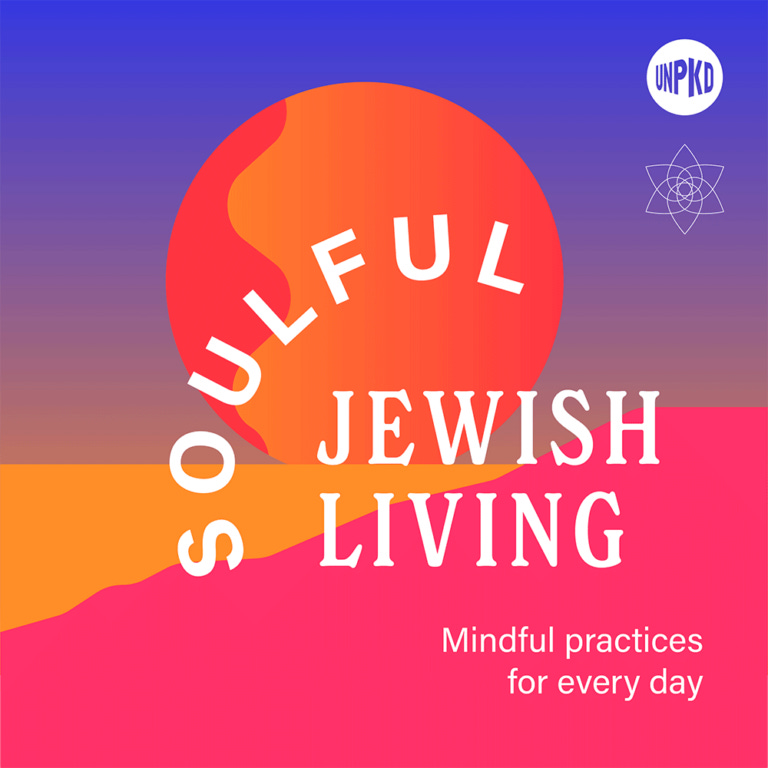What's a Jewish Pirate's Favorite Month? Iy-arrr!
Iyar 101 and an IN-PERSON EVENT!
Before we dive into this week’s topic, I have an exciting announcement to make. I’m hosting my first event for The Shabbat Drop (a Shabbat Drop-In if you will): a space where we can come together and talk about our relationship with Judaism and meet like-minded people. It’s going to be fun, too, I promise.
If you’re in NYC, please join me for a post-Shavuot picnic in the park! Spoiler alert for that week’s Drop: I interviewed a local kosher cheesemaker so I’ll make that topic come to life on May 28th with a tasting of some of his cheeses. Hope to see you there!
Now for this week’s Drop:
We are more than halfway through the month of Iyar, the month of healing.
We are also during a special time in the Jewish calendar between Passover and Shavuot when we count the Omer daily. This ritual of counting 49 days has both agricultural and spiritual significance.
Agriculturally, the Omer is a measure of barley that was traditionally brought as an offering to the Temple in Jerusalem on the second day of Passover. The counting of the Omer period was a way for farmers to mark the period between the planting and harvesting of the barley crop.
Spiritually, the counting of the Omer is a time of spiritual preparation and introspection. During this time, Jews are encouraged to engage in acts of self-reflection, spiritual growth, and kindness towards others.
And now for some Torah…
Iyar (אייר) is actually an acronym for two deeply meaningful phrases from the Torah that signify healing and returning to the wisdom of our ancestors:
How have you been healing yourself during this time? What are some steps you can take in the next couple of weeks to rejewvinate (ha) yourself spiritually? Comment below!
One podcast I’ve been listening to that has helped me get into my more spiritual groove is Soulful Jewish Living: Mindful Practices for Every Day.
Produced by Unpacked, a division of OpenDor Media, Rabbi Josh Feigelson takes you on a brief weekly journey to teach you how to live a more meaningful, stress-free life by tapping into ancient Jewish wisdom and using meditative practices.
From practicing gratitude (hod), to showing up for others through loving connection (chesed), to setting healthy boundaries through limitation (gevura), these short episodes will give you a sense of calm to carry out the rest of your day! Now say it with me: Shal-oooohhhmmm.
How are you spending this Shabbat? I’m trying something very different from my regular routine and going to a Shabbat ecstatic dance in Brooklyn. May this Shabbat be meaningful and spiritual for you!





I have to say that I absolutely love your idea for the Shavuot event. It is my favorite Jewish holiday and I love seeing more people acknowledge it!
The question on healing...I have a few things I've been doing the past few months that I've noticed have made a pretty tangible difference in my days. One is taking time to appreciate my body--so signing up for yoga and exercise classes and committing to them. Another is keeping a gratitude journal. I try to see modeh anee in the morning, but unfortunately this is the practice I end up forgetting the most.
I note in passing that gratitude and mindfulness are central to this site and way of thinking and believing. So, too, those are both key elements in Buddhist writings. Thus they seem universal values for helping individuals to better in tune with our world.